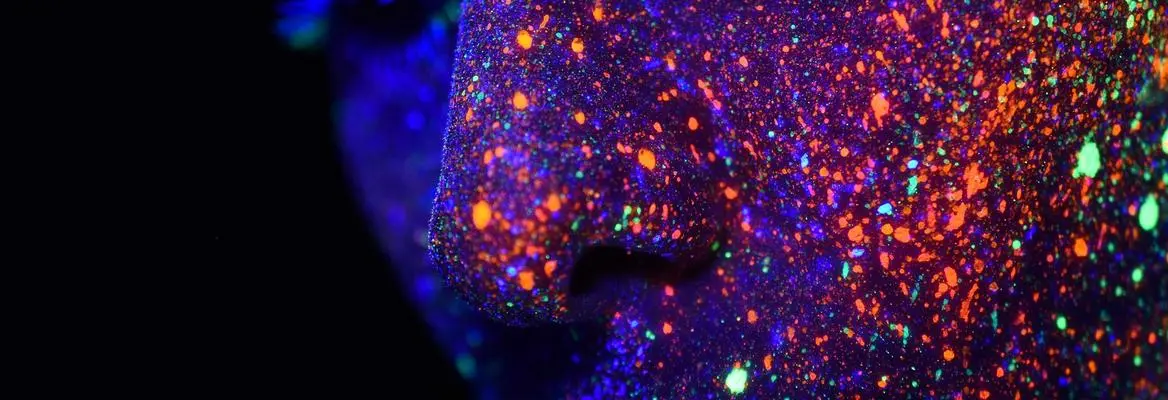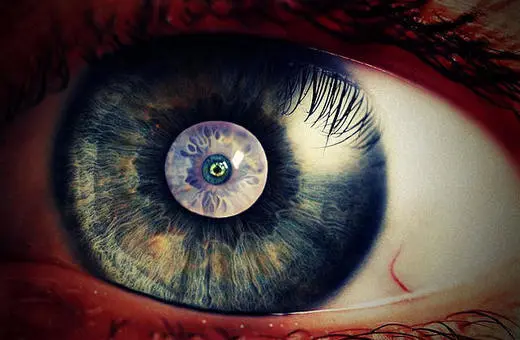Buddhism is famous for its doctrine of no-self (anātman). Do Buddhists really believe that we have no self? Yes. Isn’t that crazy? No. Do you mean that none of us exist? No. But we don't exist as selves. And to believe that you do exist as a self is a serious, albeit common, pathology. Let me explain.
The Buddhist doctrine of no-self is not a nihilistic denial of your reality, or that of your friends and relatives; instead, it is a middle way between such a nihilistic denial and a reification of the existence that you do have. That reification is instinctive, and then forms the basis for lots of bad religion and metaphysics, as well as for some really problematic ethical thought and conduct, all of which lead to a mass of suffering. Since Buddhism is all about the release from suffering (they call it nirvāṇa), and the belief in a self is regarded as a cause of suffering, extirpating that belief is a central project of Buddhist philosophy.
Let us begin by identifying the self whose existence is denied. It is the self that we instinctively regard as the core of our being. It is the thing which continues as the same entity throughout our lifetime (and into the afterlife or next life if you believe in such things). It is the subject of our experience, the agent of our actions, the possessor of our body and mind, the bearer of our attributes and moral qualities, the ultimate referent of the word ‘I’.
___
"There are perceptions, feelings, personality traits, physical parts, such as hands and a heart, but no self. These parts don't have a unity."
___
Buddhists claim that there is no such thing. The denial has two dimensions—the diachronic and the synchronic.That is, Buddhists deny that anything retains its identity over time (this is the doctrine of universal impermanence), and that even at a given moment, there is no unity to who we are, and nothing in us that answers to the object of our habitual self-grasping.
Let us begin with the impossibility of anything retaining its identity over time - the diachronic dimension. To see this point, it is useful to distinguish between strict identity and mere similarity. When we say that x is strictly identical to y, we say that x and y share all properties, that they are one and the same thing, perhaps under two different descriptions. So, for instance, Her Majesty the Queen of England is identical to the world’s best known breeder of Welsh corgis in this strict sense. You can't meet one without meeting the other; you can’t kick one without kicking the other. It is not just that they look so similar, and each wear the same kind of hat.There is only one thing, under two descriptions.





















Join the conversation